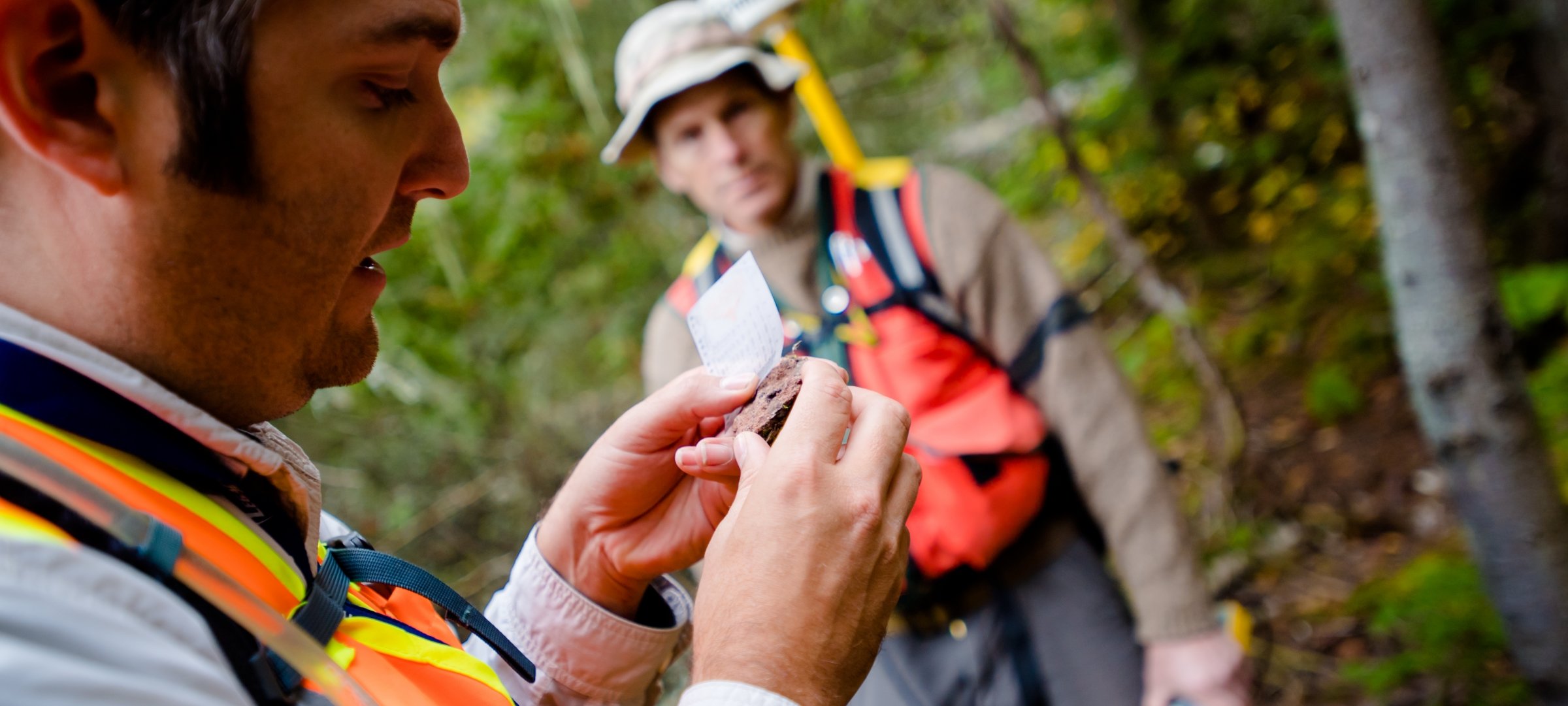You always leave no stone unturned, and Michigan Tech’s Department of Geology can take you from Alaska to New Zealand and back to the lab in search of answers. Research areas range from volcanology to hydrology, seismology to mineralogy, or atmospheric science. Are you ready?
Our Accelerated Master's Program is available for current Michigan Tech students.
Program Overview
Research activities in the master's or doctorate program in geology span fundamental and precise laboratory studies of rocks and minerals to field studies in remote and rugged locations to high-performance computing of climate and natural hazards using remotely sensed data. Current studies include characterizing the hydrology of melting glaciers in Alaska, Svalbard, and Nepal, landslide and flood hazards in El Salvador, and transport and observation of atmospheric pollutants in remote locations like Greenland and the Azores.
-
Delivery Options
- Accelerated: MS
- On-Campus: MS
Geology Program Details
Choose a specific degree option or delivery type to learn more about the geology program at Michigan Tech. For international students, Geology is a designated STEM program.
On-Campus Programs
Additional Program Information
Want to learn more about geology at Michigan Tech? Visit the department for more information:
Sample Areas of Interest
Select areas of interest to help customize your geology MS and PhD. Sample areas include:
- Economic Geology/Petrology/Geochemistry
- Geomorphology
- Groundwater/Hydrology
- Karst Hydrology and Geology

